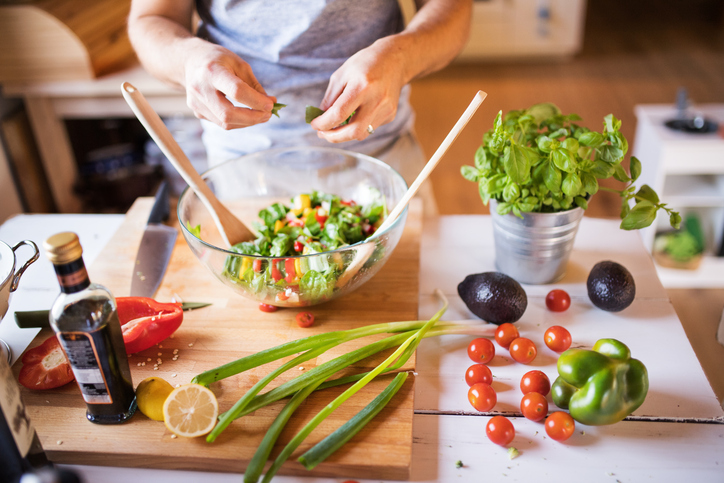There has never been so much choice in stores for those living with food allergies, intolerances and coeliac disease, yet it is ‘Lifestylers’ who are driving the trend towards free-from foods and encouraging manufacturers to create products to meet this demand.

Whilst those affected by allergens remain the focus of many free-from food brands, food businesses are now sitting up and taking notice of ‘lifestylers’, who are by far the biggest segment driving growth in free-from new product development, especially when it comes to the gluten- and dairy-free sectors.
According to data from Mintel, surprisingly nearly half of UK adults are choosing to avoid certain foods or ingredients, and 39% regularly buy free-from food and drink in a bid to lead healthier lifestyles, rather than needing to do so due to allergies or intolerances.
“We are definitely seeing a rate of growth from people who are choosing to eat free-from foods rather than having to,” says Cathy Moseley, founder of upmarket snacking brand Boundless Nuts.
“Even though they don’t have intolerances there is a natural inclination to step away from eating too much gluten, soy and sugar,” she says. “People are more informed about where their food has come from and what nutritional value it gives them.”
In order to remain successful in this competitive market, successful brands combine and promote the free-from credentials of their products alongside complementary attributes such as health, quality and sustainability to attract the ‘lifestylers’.
“Even though they don’t have intolerances there is a natural inclination to step away from eating too much gluten, soy and sugar,” says Moseley. “People are more informed about where their food has come from and what nutritional value it gives them.”

Target customers
Free-from brand Mrs Crimble’s who are known for their gluten-free macaroons has a clear picture of their target customers.
Rebecca Vercoe, Mrs Crimble’s brand controller at Wessanen UK believes that ‘lifestylers’ are: “Those who choose to follow a gluten-free diet because it suits their lifestyle are typically digital-savvy females with an uncompromising attitude to great-tasting food. If it doesn’t deliver on taste, they simply won’t buy it again.”
Vercoe says that lifestyle customers opting for one free-from choice are more likely to embrace wider free-from options such as gluten and dairy-free. “There’s a strong correlation between gluten-free and dairy-free. We anticipate there’s going to be increased demand for products that are free from more than one of the major allergens and this is an area of development for Mrs Crimble’s.”

Veganism
Robert Lambert, marketing and communications chief with ingredients supplier Ulrick & Short, suggests that dairy and eggs are increasingly targeted for replacement by consumers, thanks to another free-from trend that’s gaining momentum.
“It’s impossible to talk about free-from without mentioning the growth of veganism,” he says. “This has experienced a massive boom in the last few years, and the meat-free market is growing rapidly. We have seen growth in demand for our egg replacer and our range of plant-based proteins as an alternative to meat.”
